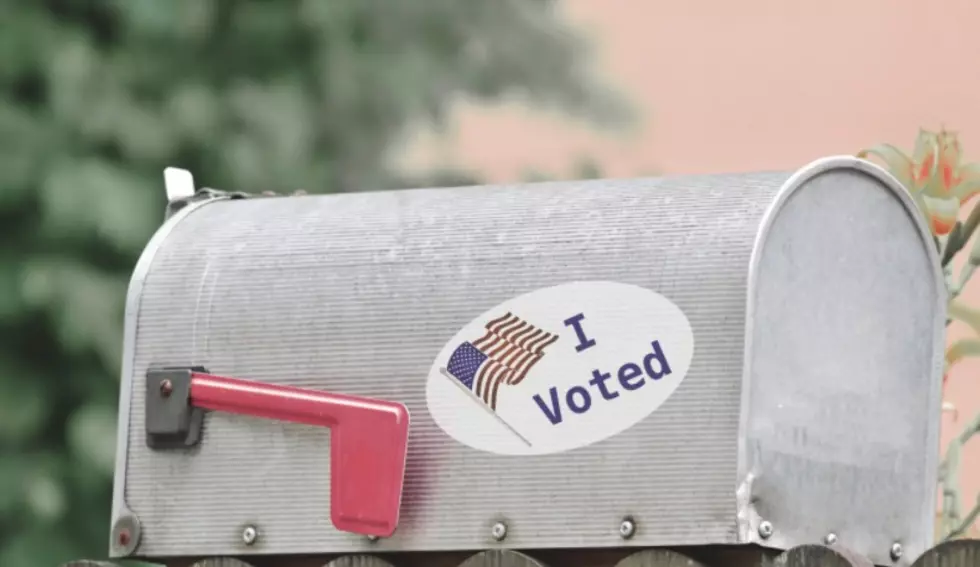
Chief Mountain border crossing remains closed due to COVID-19
The Canada Border Services Agency (CBSA) is reminding travellers that the seasonal Chief Mountain, Alberta border crossing (AB Hwy 6) will remain closed until further notice. Under normal circumstances, the Chief Mountain border crossing would open annually from May 15 to September 30. It did not open in 2020 due to the COVID-19 pandemic and services will remain suspended until international travel restrictions are lifted. Persons who have a right of entry to Canada or who meet an exemption to the current travel restrictions must seek entry to Canada at an alternate port of entry, such as the Carway border crossing (AB Hwy 2), currently open from 8 a.m. to 6 p.m. daily. Individuals in-transit to Alaska must seek entry at a border crossing designated for that purpose, such as the Coutts border crossing (AB Hwy 4), open 24-7. Only Canadian citizens, permanent residents of Canada, and persons registered as an Indian under the Indian Act have a right of entry to Canada. Other travellers – with very limited exceptions – remain prohibited from entering Canada for an optional or discretionary purpose, such as tourism, recreation, or entertainment. Travellers entering Canada are subject to strict requirements for mandatory 14-day quarantine or isolation; the use of ArriveCAN to submit pre-arrival information; and COVID-19 testing before, upon, and after arrival. Please visit Canada.ca for details and the list of exemptions. At this time, simply having a COVID-19 vaccination does not exempt anyone from having to comply with current testing, quarantine, and other requirements. Quick Facts The Chief Mountain port of entry is located on the boundary of Waterton Lakes National Park. Since May 12, 2020, the CBSA has also temporarily suspended service at the nearby small vessel reporting site at Waterton Lakes Park. Travellers currently cannot enter Canada by water at this location. Persons considering a visit to Waterton Lakes National Park should visit the Parks Canada website for the latest COVID-19 information, and follow @WatertonLakesNP for information and updates. Individuals who contravene the mandatory isolation or mandatory quarantine requirements may be subject to a range of enforcement measures under the Quarantine Act. Maximum penalties include a fine of up to $750,000 and/or imprisonment for six months. Associated Links · COVID-19: Travel, testing, quarantine and borders Directory of CBSA Offices and Services
More From K96 FM









